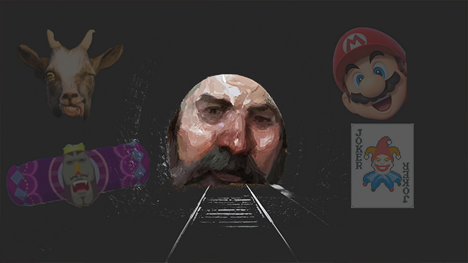
Featured Blog | This community-written post highlights the best of what the game industry has to offer. Read more like it on the Game Developer Blogs or learn how to Submit Your Own Blog Post
The Game Show Interview: Starting a Career as a Game Composer
Transcript of the uncut interview of game composer Winifred Phillips by Meena Shamaly, host of ABC Classic’s The Game Show.
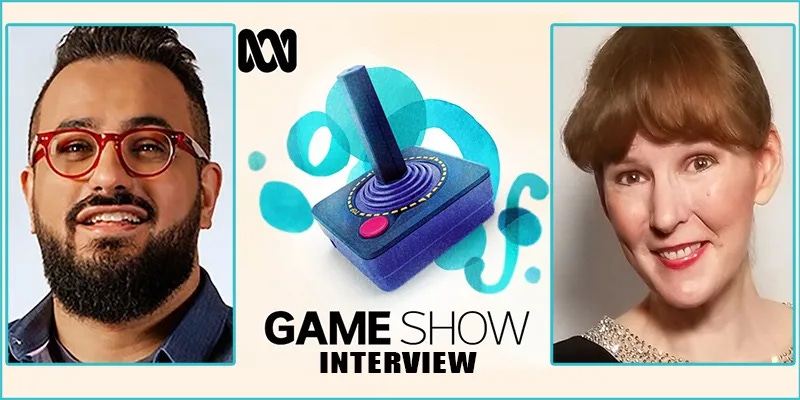
By Winifred Phillips | Contact|Follow
Hello there! I’m video game composer Winifred Phillips, and last November I was delighted to be featured on the popular Game Show program broadcast on ABC Classic (Australian Broadcasting Corporation). The show that was broadcast on ABC Classic featured lots of my music from my video game repertoire, along with clips from a longer interview we recorded shortly before the broadcast. Game Show is hosted by Meena Shamaly, who is an accomplished performance poet, composer, and producer of arts workshops and poetry slams. With this in-depth background in music and the arts, he brings a unique sensitivity and insight to the conversation, posing fascinating questions right from the top of the interview, and responding deftly to help the conversation evolve in revealing ways. While the broadcast from ABC Classic is no longer available, an audio recording of our full, uncut interview is hosted right now on the ABC Classic web site. I thought that readers of this blog might appreciate the transcript of the full interview, so I’m including that transcript here. In addition to the transcript, I’ve also included music examples to illustrate topics discussed during the interview, and links that expand on various topics that are touched upon in the transcript. This interview for The Game Show web site was quite long, so I’ll be dividing it into three articles. In addition to this transcript, you can also visit The Game Show web site, or visit the official ABC Classic site (Australian Broadcasting Corporation). So now, without further ado, here is part one of my interview with Meena Shamaly of ABC Classic’s Game Show!

Meena Shamaly: Since 2005, composer Winifred Phillips has been a bright constant presence in the world of video game music, whether she’s underscoring the mythological figures of God of War, the freedom fighters of Assassin’s Creed, or the anthropomorphized toys of LittleBigPlanet. From big video game franchises, to lovingly crafted indie experiments, Winifred Phillips has seemingly done it all. And by 2014, she had also written about it all in her very own book, A Composer’s Guide to Game Music, which aims to demystify the world of scoring video games for composers wanting to dip their toes in.
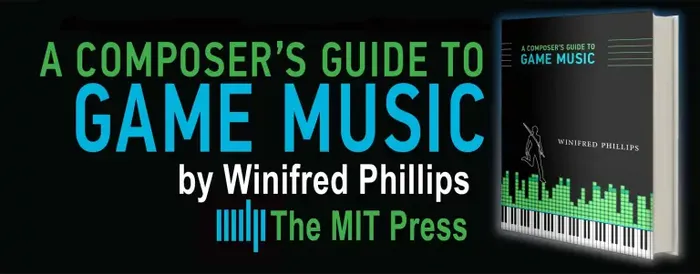
Meena Shamaly: You might call Winifred Phillips the ultimate working game composer – looking at the breadth and depth of her body of work. But she may also be one of the most playful, because every score she writes is imbued with immeasurable joy and a profound sense of wonder. Winifred, what keeps the fire alive for you as a video game composer? What keeps you coming back to video games and video game music?
Winifred Phillips: Gosh, that’s an interesting question. I think part of it is because this was always what I wanted to do. As a media composer, the idea of composing for video games was a really huge draw for me. I’ve been a gamer for as long as I can remember.

Winifred: The chance to create music for video games always seemed like the best opportunity to express myself, to do something interesting, and to stretch myself and learn. I never really thought about doing anything else. It’s the thing that was most exciting for me. I didn’t start out that way. I started in radio. I composed music for a series of radio dramas for National Public Radio called Radio Tales. They were dramatizations of classic stories like Beowulf, The Time Machine, the Fall of the House of Usher, Legend of Sleepy Hollow, the Odyssey, things like that.
Meena: Yeah! Beautiful!
Winifred: So much fun, and a really great way for me to learn, because it was my first big gig as a media composer. The series had over a hundred episodes in it, and they were pretty much wall to wall music.

Meena: That’s a lot! That’s a lot of work to keep you invested!
Winifred: Well, it was fantastic as a learning experience for me, because the genres of these stories were all speculative fiction… fantasy, horror, science fiction… so in a way it really prepared me for the route that my career was going to take afterwards. Because there’s so much that’s larger-than-life in terms of the kinds of stories that we get to tell as video game composers. So I felt like I had some really good preparation for what I was going to do next. But anyway, the radio series had reached completion. It was a little over a hundred episodes, and it was winding down. I was trying to figure out what to do next, and I was playing a video game, as I tend to do… and I think that was the first time I thought about the idea of becoming a video game composer. I think I was playing the original Tomb Raider at the time.
Meena: Ooh! Like… 1996…?
Winifred: Yes! That! I was playing that! And you know there’s that area of the game – it’s the tutorial area, where you’re sort of hanging around in her mansion, running through this obstacle course in her ballroom… and you’ve got the butler following you around with the clinking drinks, and the whole thing. You try to lock the butler away, so he’s not following you anymore.
Meena: (laughs)
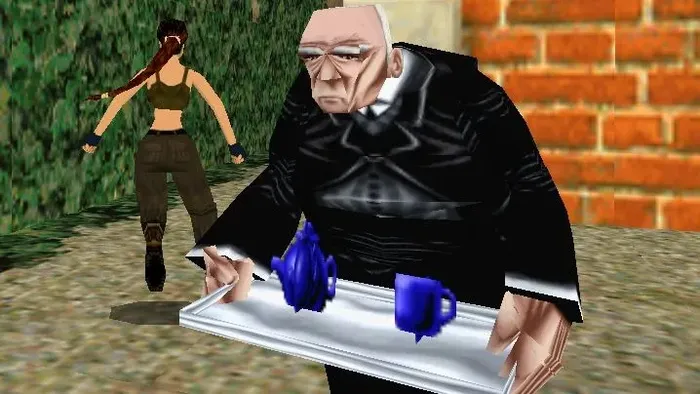
Winifred: And there’s this one point where you can just go over to this stereo, and you can turn it on, and listen to some music. The thing that’s really cool about it is – when you turn on that stereo, it starts playing cues from the game. So if you’ve been playing levels from the game, you might recognize the music as a combat track, or an environmental track… but taken out of context, and in an unexpected situation. So I think that was the first time I thought about the idea of composing music for games. I think the lightbulb went off right then, and it was just… wow! This would really be something extraordinary to pursue. So that’s when it got into my head, and I got really obsessed with it, and I just started going after it.
Meena: And my understanding, if I’m not mistaken, is that your very first commercial title that you composed (and it might have been your very first game title) was the original God of War! Taking your boy Kratos from Greek Mythology (laughs) across his tragic journey in that first game released in 2005. And that was the beginning of the biggest game series in the world. So how do you find yourself, as your first project out of the gate, working on God of War?

Winifred: Well, it was my first professional gig. I don’t know if it was particularly my first project in video games. It’s just… I hadn’t gotten paid. You know.
Meena: (laughs) That chestnut!
Winifred: Yeah! Well, I worked with some Half Life modders, and I worked with somebody that was putting together an MMO that never got released.
Meena: What is a Half Life modder, and what is an MMO?
Winifred: Oh, oh, right! There’s a game called Half Life! And there are lots of student teams, and really young groups of game developers, who are trying to create their first game. Sometimes it’s easier, instead of creating a game from scratch, to do modifications of a game that already exists.
Meena: Oh, beautiful!
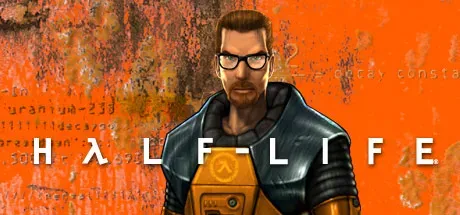
Winifred: Studios like to give tools to these sorts of new developers – to give young people the chance to create something of their own, using the structure that is already present in the game that exists. So I joined one of these teams who were working with the game Half Life. I worked with them for awhile, but that game didn’t get released… as is typical. A lot of the time, when you work with these young teams, the games don’t come out. It was good experience for me, because I hadn’t done this kind of work before, so I had a chance to think about what it is to be a game composer. Also worked with a team for an MMO – a massively-multiplayer online game that never went massively multiplayer… or online.
Meena: (laughs)
Winifred: But it’s one of those experiences that I have a lot of warmth in my heart for! Because it was a team of true believers, and people who were really fired up about what they were doing. It was going to be this massive space epic with all of these factions.
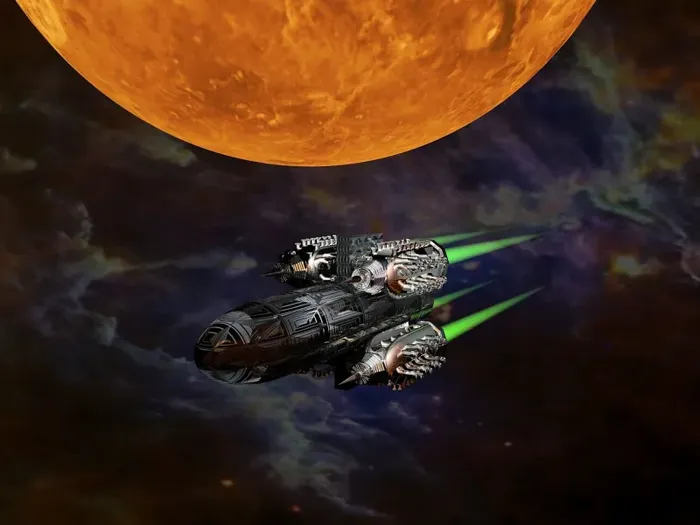
Winifred: It really had almost a Dune flavor to it, in the sense of long histories and royal families. They asked me to compose a whole bunch of choral themes – which is fun for me, because I’m a classically trained vocalist. I record my own voice into a lot of my work as a game composer. I overdub my voice – so I’ll record it once, and then I’ll record it again and again and again. I’ll do harmonies, and I’ll also pitch my voice down so that I can sound more like men. I’ll sing very barrel-chested and with a masculine feel, so that I can do full choirs.
Meena: Oh, love that!
Winifred: And that was one of the things I did for this massively multiplayer online game that didn’t get released. I created this suite of choral tracks. That’s actually part of the reason that I got hired for God of War. I submitted that suite of choral tracks to a music supervisor at Sony, right when they were starting to look for composers to join the team for God of War. It’s a huge game, a lot of music was going to be required, and so it was looking like a team was really going to be neccessary to get it done. A lot of the God of War games do have teams involved. So I sent this suite of choral tracks off to the music supervisor at Sony, and he really liked it. So he asked me if I was going to be at E3, and I said I was.
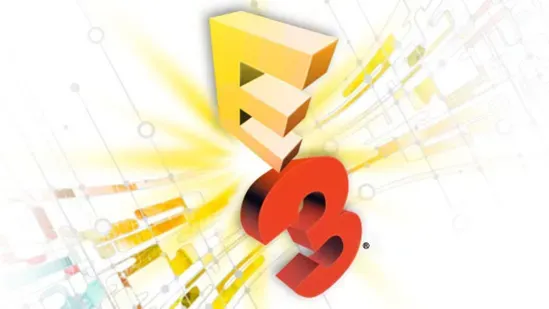
Winifred: I didn’t have any plans to be. Now, E3 (the Electronic Entertainment Expo) was an enormous spectacle in game development in our industry. It was kind of both a circus and a rock concert – I remember in the grandest of days of E3 you could walk across the show floor and there would be big plumes of fire, and t-shirts shooting out of cannons, and people walking around the room on stilts, and all sorts of people in costume, and trampolines, and there would be these immersive kiosks where you were surrounded by enormous screens, and the floor was thundering under your feet. And it was amazing. Of course, at the time when the music supervisor at Sony asked me if I was going to E3, I had never been, and I hadn’t had any plans to – but I didn’t say that. I said, “Oh, absolutely!”
Meena: That’s the old adage of “always say yes!”
Winifred: Always say yes! So I said, okay, going to LA! Which I’d never been to, either. So, you’re getting plane tickets, and getting your courage up. You’re going to go, and put your best foot forward. So I geared myself up to have a meeting about this. It was a really fantastic opportunity, and my timing must have been superb, in that I reached out to this person at that particular time. So that’s how I ended up in the God of War team. Of course, when I was there at the Electronic Entertainment Expo, I also set up a few other meetings, because – you’re going to be there – make the most of it! So I reached out to a few other game development studios, and tried to see if there might be any interest. As a new composer, it can be difficult, but fortunately I did have experience from my work in radio – so I was able to talk about that. I had examples of the music I had done there. It allowed me to set up a few meetings, and one of those was with the team at High Voltage Software. They were working on the video game tie-in to the Charlie and the Chocolate Factory film –the Tim Burton film starring Johnny Depp?
Meena: Yeah.
Winifred: So I was able to talk with them about that – and I was hired for that! So essentially, my first two projects (they came out at around the same time) was God of War on one side, and Charlie and the Chocolate Factory on the other.
Meena: (laughs)

Winifred: Really huge, huge contrast in terms of those two projects! One is very mature and violent and mythological and epic, with an antihero who’s brooding. And the other is
Willy Wonka in the Chocolate Factory! As strange as it may sound, I’m really grateful for that! I had the opportunity to express myself in two very different ways, right from the start. Not a lot of composers get that, when they’re just starting a career. I just sort of stumbled into it. So now my career has two very divergent paths. People who know me from Charlie and the Chocolate Factory and things like that – they approach me for projects like Shrek the Third, or The LittleBigPlanet games, or SimAnimals, Spore Hero, things like that. And on the other side, people who know me from God of War are coming to me for things like the Assassin’s Creed Liberation game, or Homefront, or Jurassic World Primal Ops, or The Da Vinci Code. And that has allowed me to swing back and forth and do very divergent things. It’s made my career very fulfilling for me, because I get to stretch and change. I don’t ever feel like I’m in a box, because I get to express myself in such different ways. It’s rare! It’s a rare thing to be able to do that, so I’m quite grateful that my career started that way.
.webp?width=700&auto=webp&quality=80&disable=upscale)
This concludes part one of my interview with Meena Shamaly of the Game Show on ABC Classic (Australian Broadcasting Corporation). If you’d like to hear more of this awesome radio series, you can tune in every Friday on ABC Classic (program schedule here).
Listen online via the ABC Classic web site!

Winifred Phillips is a BAFTA-nominated video game composer. The music she composed for one of her most recent video game projects (Secrets of Skeifa Island) won two Global Music Award Gold Medals, two NYX Gold Awards, and was nominated for a Society of Composers and Lyricists Award. Music from Secrets of Skeifa Island is included in her latest album release, Ancient Heroes, released by the BMG record label 1 Revolution. Other recent game projects include Wizardry: Proving Grounds of the Mad Overlord, and the hit PlayStation 5 launch title Sackboy: A Big Adventure (soundtrack album now available). Popular music from Phillips’ award-winning Assassin’s Creed Liberation score was featured in the performance repertoire of the Assassin’s Creed Symphony World Tour, which made its Paris debut with an 80-piece orchestra and choir. As an accomplished video game composer, Phillips is best known for composing music for games in many of the most famous and popular franchises in gaming: the list includes Assassin’s Creed, God of War, Total War,
The Sims, Sackboy / LittleBigPlanet, Lineage, Jurassic World, and Wizardry. Phillips’ has received numerous awards, including an Interactive Achievement Award / D.I.C.E. Award from the Academy of Interactive Arts and Sciences, six Game Audio Network Guild Awards (including Music of the Year), and four Hollywood Music in Media Awards. She is the author of the award-winning bestseller A COMPOSER’S GUIDE TO GAME MUSIC, published by the MIT Press. As one of the foremost authorities on music for interactive entertainment, Winifred Phillips has given lectures at the Library of Congress in Washington DC, the Society of Composers and Lyricists, the Game Developers Conference, the Audio Engineering Society, and many more. Phillips’ enthusiastic fans showered her with questions during a Reddit Ask-Me-Anything session that went viral, hit the Reddit front page, received 14.9 thousand upvotes, and became one of the most popular gaming AMAs ever hosted on Reddit. An interview with her has been published as a part of the Routledge text, Women’s Music for the Screen: Diverse Narratives in Sound, which collects the viewpoints of the most esteemed female composers in film, television, and games. Follow her on Twitter, Facebook, Instagram, and Threads.
Read more about:
Featured BlogsAbout the Author(s)
You May Also Like
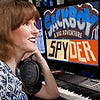
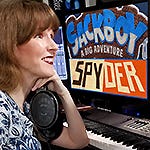
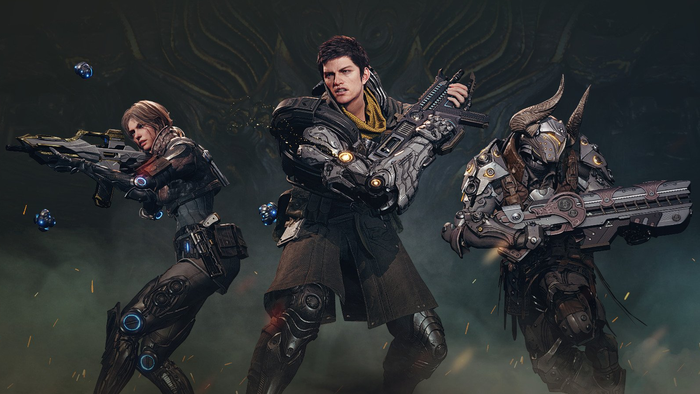
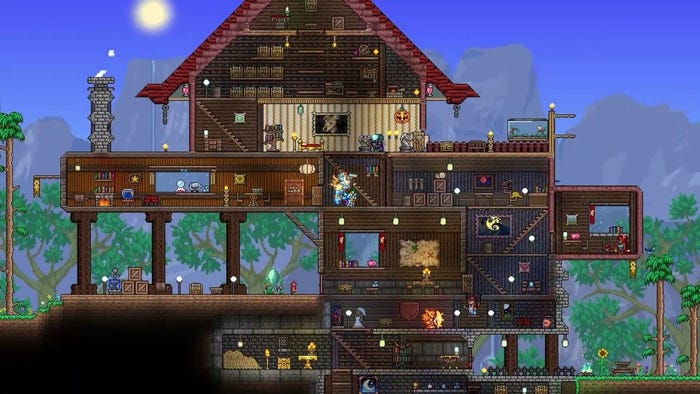
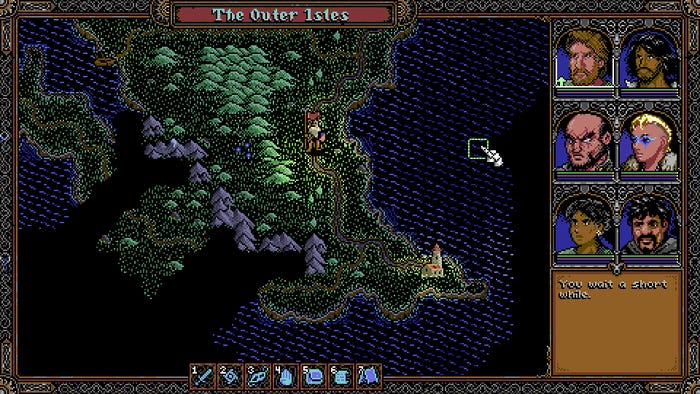
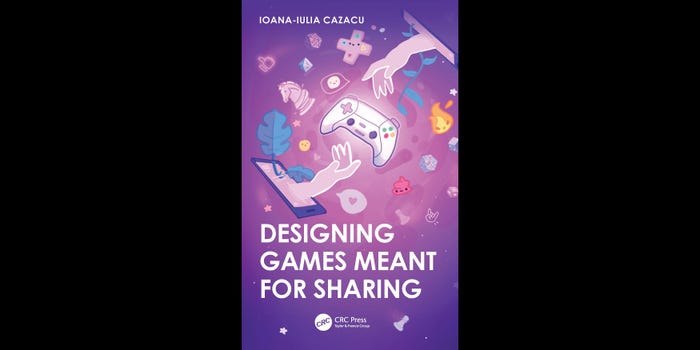

.jpeg?width=700&auto=webp&quality=80&disable=upscale)


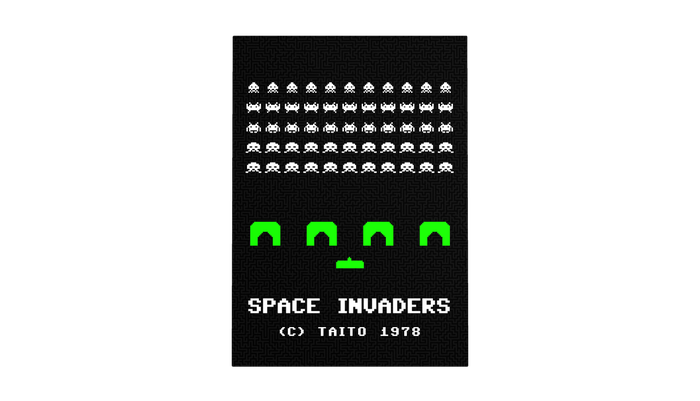
.jpg?width=700&auto=webp&quality=80&disable=upscale)
